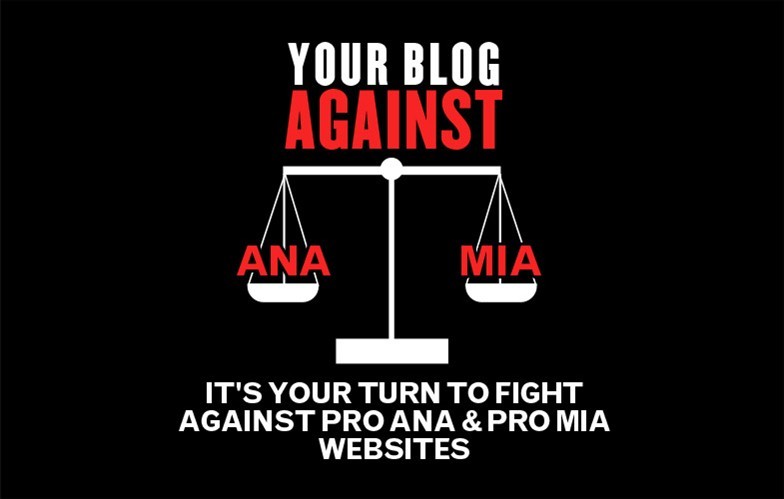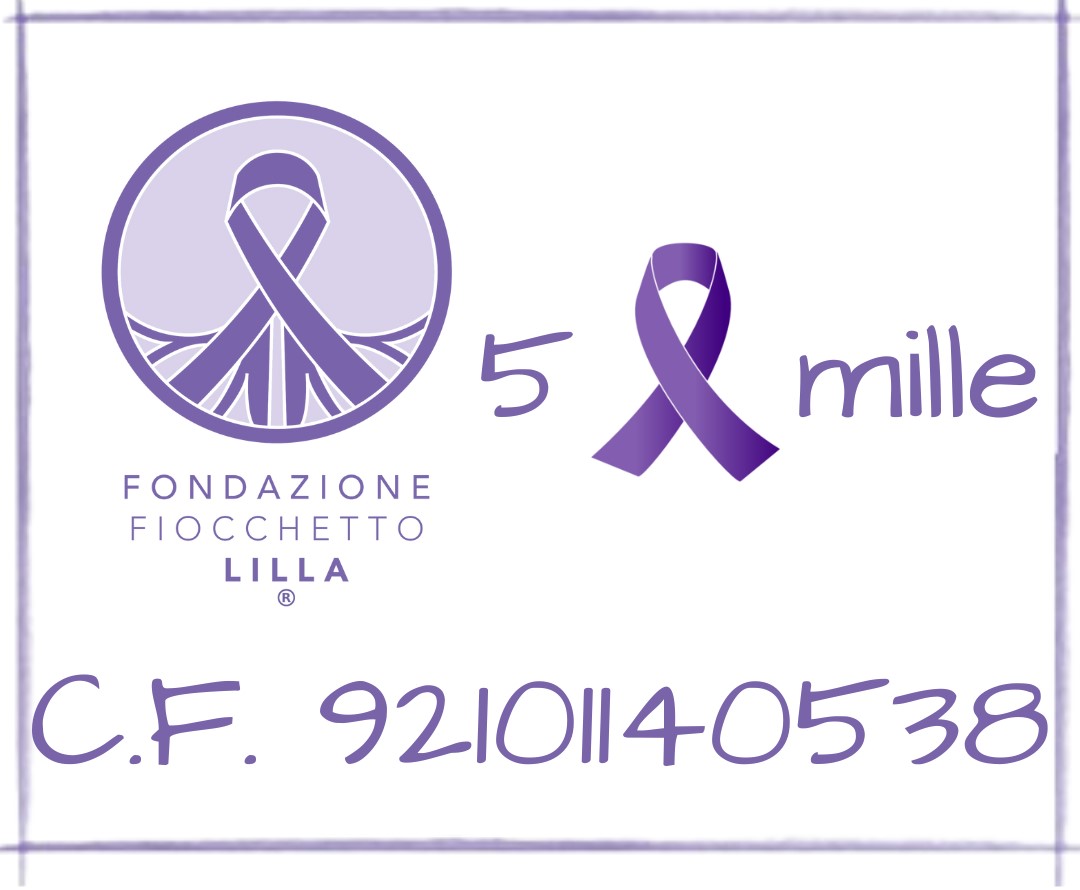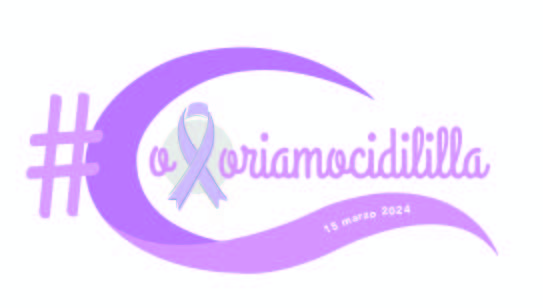Italian police shuts down pro-Ana website |
|
ITALIAN POSTAL POLICE SHUTS DOWN A PRO-ANOREXIA WEBSITE In the last few days, news reporting the official complaint made against a 19-year-old girl from Macerata (in the Marche region, Italy) has had a great media resonance in Italy. The girl is accused of instigating a teenager from Ivrea in Piemonte (Italy) to suicide, by leading her to stop eating. The victim, Carolina - her real name - has also released an interview to the national newspaper "La Stampa", explaining the reasons pushing her to follow the 500-kcal-per-day diet proposed by this website, which has now been obscured. Alarmed by her more and more extreme thinness, last December her mother made complaints to competent authorities, accompanied by her daughter and some of her friends, after discovering the pro-ana website in the timeline of Carolina's laptop and mobile phone. This website encouraged teenagers to fast and to purge after meals, as "prescribed" by the blog's administrators. After a long inquiry, which lasted nearly one year, some postal policemen, managed to obtain the name of the owner of the indicted website, by pretending to be young teenagers looking for advice to lose weight. Yet, the 19-year-old girl is not the only person responsible for this blog (whose members are mostly aged 14-15), as policemen spotted another administrator, who ought to be in the Netherlands and is also responsible for sharing diets and advice on how to get skinnier. The inquirers are still looking for her real identity in order to report it. After opening the investigation, it was not easy for the Public Prosecutor's Office in Ivrea to identify the charge against the 19-year-old girl, as at the moment no law punishing instigation to anorexia and bulimia exist. Yet, in these months the Italian Parliament is discussing a bipartisan bill (DDL N. 438) regarding this topic, first proposed in 2014, namely the article 580-bis by the Honorable Michela Marzano (MP), Paola Binetti (MP) and Mara Carfagna (MP), already signed by other 150 MPs petitioners. This bill, which has never been translated into law so far, was an addition to an existing law that makes it a crime to instigate suicide. The new clause specifically targets “pro-ana” and “pro-mia” web sites providing “thinspiration” to individuals struggling with eating disorders in the form of dieting tips and photographs of their weight loss. Website creators could face hefty fines (10,000 to 50,000€, that is 13,000 to 67,000$) and a possible jail sentence of up to two years. Fines would double if the site is found to have impacted a visitor under the age of 14 years. The 19-year-old Italian girl is now charged with instigation to suicide and massive injuries, precisely because anorexia, without proper psychological treatment, can lead to suicide in the long term. Although the Italian legislation still does not consider instigation to anorexia a crime, such a life-threatening behaviour can relapse into other crimes under the Penal Code.  The dangers of ana-mia websites and blogs Ana-mia connections are extremely harmful, as discussion revolves continuously around eating habits, diets and purging methods. “Pro-ana” websites endorse anorexia as a positive choice, as opposed to a mental illness. Other variants include “pro-mia” websites, endorsing bulimia. These websites are predominantly targeted at women and much of their content is shocking, telling readers to “stop eating until they take you to the hospital”, promoting a very thin body as the type that women must have and giving advice about how to become anorexic, how to hide an eating disorder from others. These websites also contain images of extremely thin women, which are sometimes altered to make these women appear thinner. Last but not least, as discussion moves to private devices, such as Whatsapp chats, subgroups of ana-mia bloggers will exchange messages, links and images among themselves and exclude other information sources. What can policy-makers do? Since 2010, a multidisciplinary team of scholars from universities in France and Great Britain has researched online communities of people living with eating disorders (see the Anamia project). Via questionnaires and interviews, after mapping the existing websites, behavioural patterns, motivations and attitudes of their authors were analyzed. And the conclusions of years and years of research is that the very notion of pro-ana is out of touch with reality. Any efforts to eradicate these ana-mia sites have not been successful, yet the “survival” of such networks has required adaptation. The Italian law is not the first to attempt to tackle the pro-ana site issue, as legislation was initiated in 2001 in France, the U.K., Australia, and the Netherlands, but none were passed into law. However, some global social media sites, like Facebook and Tumblr, have regulations in place to contend with such pages. Indeed, one alternative to criminalisation is to use online platforms to deliver health information. Sharing information about eating disorders on social media platforms has become more common of late, with hashtags like #thinspiration being a doorway to fuel an already harmful mental disease. For example, sites such as Facebook, Tumblr and Instagram have tried to implement helpful tools for those searching terms like “anorexia” and “bulimia” by re-directing them to the National Eating Disorders Association (NEDA) website. Education, not repression, is the answer Criminalizing ana-mia websites can lead to criminalizing mental illness, which would be a double burden for sufferers. Web users suffering from eating disorders are in need of information, guidance and support. So, why not use the Internet itself to deliver the extra care needed? Why not to think of some form of online support service to be provided by health professionals, as a complement to existing care provision? Setting up such a service with medical experts and civil society stakeholders would contribute to a tangible improvement in the life of sufferers. As Associations composed by volunteers fighting daily against EDs, we firmly believe in educating the general public on eating disorders, how they affect and in some cases kill men and women at any age - especially teenagers -, but we also believe in the need for national institutions to take action against those who speculate on illness. The latest facts and law proposals are forcing Italian people to have conversations about the disease, which is extremely positive. Hopefully it will enlighten more people that social media and the Internet can be a very damaging place for eating disorder sufferers to go to. Article by Sandra Zodiaco - Mi Nutro Di Vita Association |








